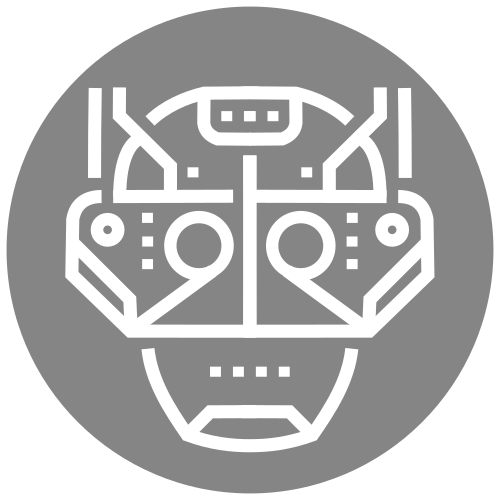This one answer to that question has been ringing through my head for a couple of days.
- The right to solidarity, i.e. all should be allowed to partake in solidary action during a strike.
- The right of initiative and right to recall.
- The right to free software, or freedom from proprietary software.
- The right to a third place, i.e. ready access to physical spaces that allow for socializing with strangers.
- Freedom from eviction (mainly wrt rent strikes and squatting.)
- The right to democratic education.
- The right to cross borders.
- The right to be forgotten.
- The right to purpose, or freedom from meaningless labor. This includes the right to an employee fund.
And there are of course other things. I just think that under the world’s current paradigm, these, at least individually, seem relatively attainable without a literal revolution.
Perhaps we might talk about how we might guide society toward these things using technology.


Ill take a stab at it.
Action Plan for Societal Rights
This plan outlines potential actions for enabling certain societal rights. These measures might need substantial changes and persistent, collective action from various stakeholders, including governments, non-profit organizations, businesses, communities, and individuals.
1) Right to Solidarity
2) Right of Initiative and Right to Recall
3) Right to Free Software
4) Right to a Third Place
5) Freedom from Eviction
6) Right to Democratic Education
7) Right to Cross Borders
8) Right to be Forgotten
9) Right to Purpose/Freedom from Meaningless Labor
10) The Right to an Employee Fund
This plan, if progressively implemented with broad societal consensus, can help attain the listed rights without necessitating a complete societal revolution. However, these steps require consistent efforts, funding, cooperation, and most importantly, political will.